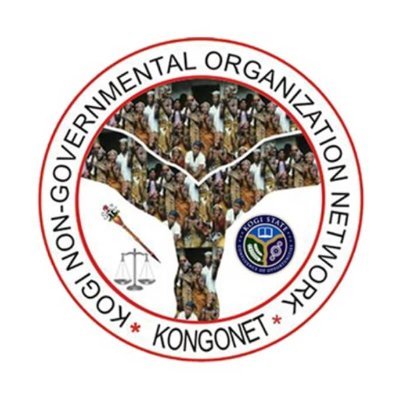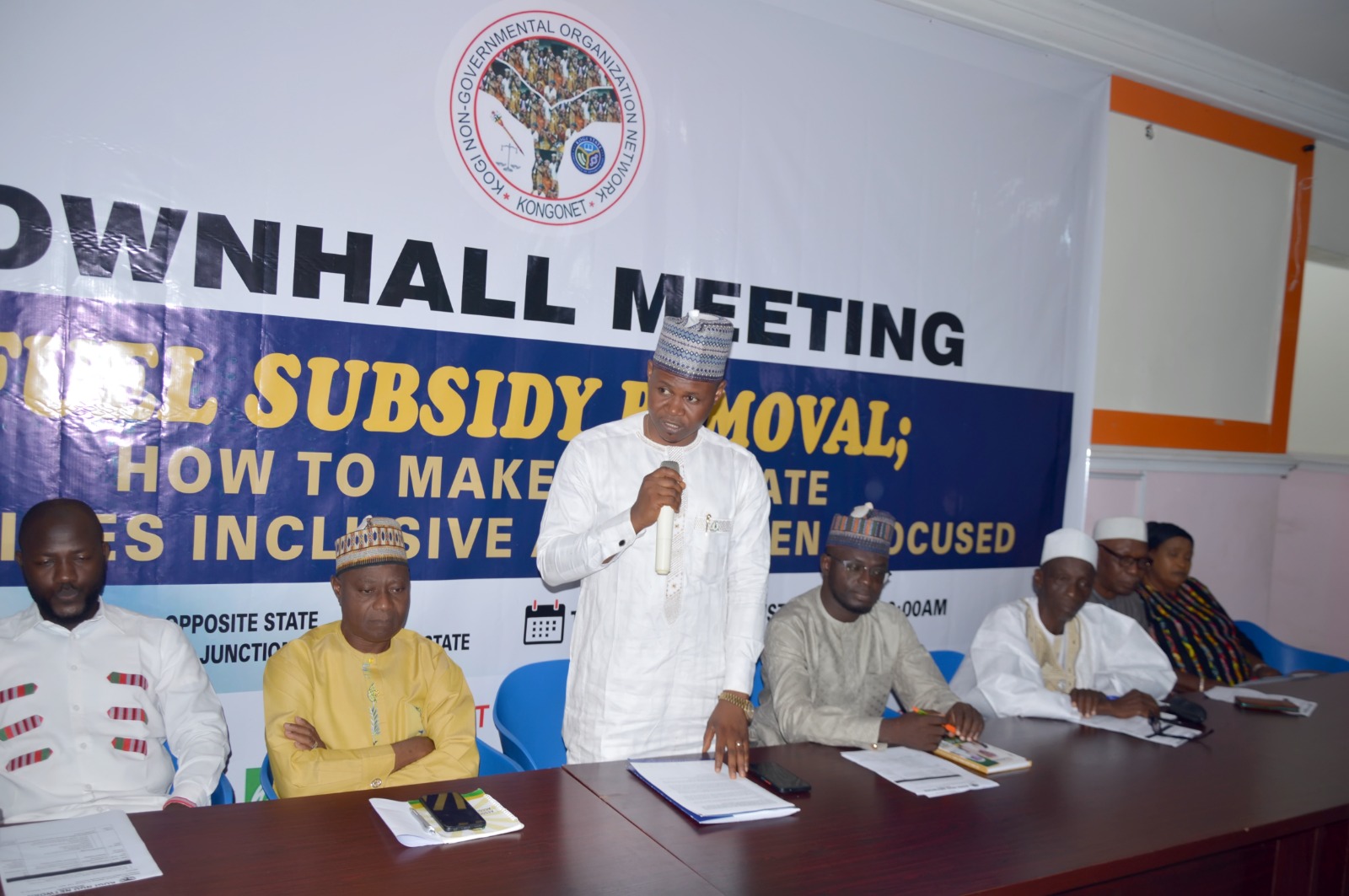On the 29th of May 2023, the Nigerian Government announced the removal of the long-standing petroleum subsidy. This decision and its attendant harsh economic effects compelled the Federal Government to initiate palliative measures to ameliorate the effects of the subsidy removal. To address these challenges and develop a comprehensive plan for the palliative distribution and administration, the Kogi NGOs Network (KONGONET), under the leadership of Amb. Idris Ozovehe Muraina, organized a one-day townhall meeting on Thursday 24th August, 2023.
This crucial gathering brought together a diverse array of stakeholders, including representatives from the organized private sector, Civil Society, Youth leaders, Women Groups, Farmers Organizations, organized Labour, and the Media. The aim was to collectively address the implications of the subsidy removal and chart a path forward for the state.
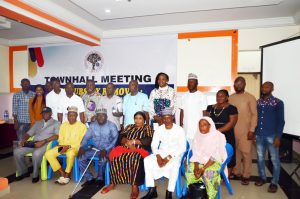
The townhall meeting was a dynamic event, featuring a range of activities designed to foster constructive dialogue and actionable solutions. These activities included paper presentations on the successes and challenges of fuel subsidy removal, plenary discussions, a panel discussion on the effects of subsidy removal on vulnerable groups, interactive question and answer sessions, and, most importantly, the development of a communique.
The observations made during the meeting shed light on the multifaceted nature of the challenges facing Kogi State. Notably, despite the disruptions and difficulties associated with the fuel subsidy removal, all stakeholders expressed their support for this pivotal decision. It was a testament to the collective recognition that change was imperative for the state’s progress.
While President Ahmed Bola Tinubu’s administration had introduced palliative measures to alleviate the impact of subsidy removal, there was a unanimous consensus that these measures needed refinement to better serve the state’s residents. The Kogi State government’s willingness to implement palliatives was commended; however, concerns arose regarding the absence of a formal engagement platform for citizen involvement in the state’s palliative administration. This lack of communication underscored the need for improved transparency and engagement between the government and its constituents.
The meeting also highlighted critical issues such as the state’s infrastructure deficit, especially at the community level, which significantly affected the citizens’ quality of life. Another pressing concern was the inadequate mass transport system in Kogi State, leaving residents at the mercy of private sector operators who imposed high fares. Additionally, the persistent high cost of food and inflation in the state exacerbated the cost of living, despite the region’s abundant opportunities. Furthermore, there were noted deficiencies in healthcare coverage and the implementation of the Disability Law, making it challenging for Persons Living with Disability to access the benefits they were entitled to.
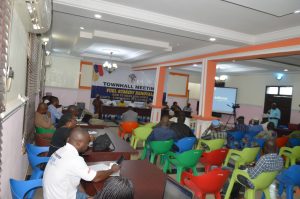
On a positive note, the meeting recognized the NG-Cares project, a World Bank-sponsored initiative providing conditional support to vulnerable groups, as an ongoing effort that should be expanded to reach more beneficiaries. It was also acknowledged that while salary increases were an option, they needed to be implemented with careful consideration of their potential economic impact.
In light of these observations, the townhall meeting participants jointly formulated a set of recommendations to guide the way forward for Kogi State. These recommendations included the urgent establishment of a committee comprising representatives from vulnerable stakeholder groups in the state to create an inclusive roadmap for implementing comprehensive palliative measures. Additionally, the Ministry of Information was tasked with developing a modality for regular and transparent information sharing on government activities.
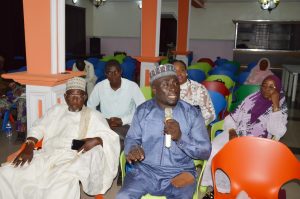
To address the infrastructure deficit, rural infrastructure development, including roads and hospitals, was deemed essential. A viable mass transportation system, encompassing marine, road, and rail options, was urgently called for. It was agreed that while salary increases could be considered, they should be implemented with careful economic planning.
Furthermore, measures were proposed to control the rising cost of food, including subsidies for agricultural inputs to support local farmers and enhance food security.
In conclusion, the townhall meeting organized by KONGONET served as a pivotal platform for stakeholders in Kogi State to collectively address the challenges posed by the removal of the petroleum subsidy. Through constructive dialogue and collaboration, the meeting produced observations and recommendations that will help guide the state towards a more inclusive and prosperous future. It emphasized the importance of unity and cooperation among stakeholders in navigating the complexities of change and ensuring that no one is left behind on the journey towards progress.
